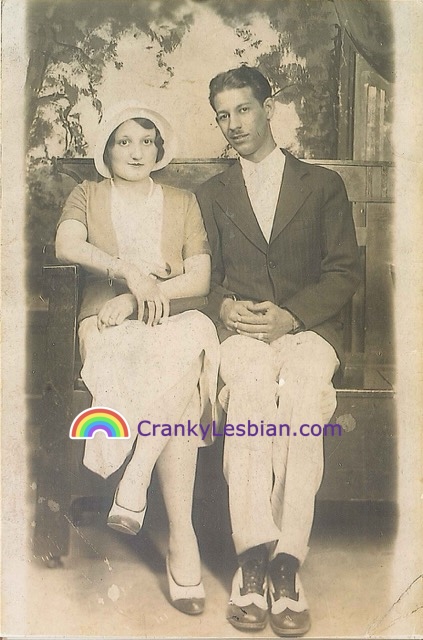The Washington Post has been trying its best lately to make readers cry, between an article about a young Ukrainian couple that died together following a whirlwind wartime romance to breathless coverage of a fabled affair between two blue-throated macaws in Brazil. My eyes have stayed dry so far, but this nearly got me:
In the animal kingdom, blue-and-yellow macaws are among the most faithful. They can live into their fifties, but when one finds a partner, it’s for life. The pair typically spend their days and nights together. They nibble, cuddle and even kiss. Whatever food they have, they share. If one dies, the surviving partner’s anguish is profound. Few ever couple again.
But even for such an animal, zookeepers and biologists say this Rio de Janeiro romance is nothing short of extraordinary.
Because it would violate Brazilian legislation to cage her, and because it would breach zoo policy and ethical standards to free him, the couple have only ever lived and loved on separate sides of the netting, unable to consummate their relationship.
Romeo and Julieta, zookeepers call them. An impossible love.
—Terrence McCoy, The Washington Post
It reminded me of my great-grandparents. The children of immigrants, they were raised in Yiddish-speaking households and went to work early to help support their families — my great-grandfather so early that he was said to be functionally illiterate in English.

They were happily married for over 50 years at the time of my great-grandma’s death. Somehow they had both found ways to live with her depression, which was severe enough that she occasionally had to ‘go away’ for a bit. Gramps outlived Grams by nearly a decade and his grief remained close to the surface. Every weekend at our family dinners, he would think of her and cry. But unlike most blue-throated macaws, he mated again — sort of.
As a widower he continued their married tradition of going on a yearly cruise, which was how he met Marianne, a British widow who became his “lady friend.” Thereafter they vacationed as cruise buddies, and occasionally made long-distance calls to each other (presumably on her dime since he was a notorious cheapskate). Remarriage was never an option for him, though. His heart still belonged to Grams.
I never met Marianne, though I knew amused relatives considered her an English facsimile of my American great-grandmother. It’s something that crosses my mind every now and then when I think back to the last time I was single. Though our circumstances were radically different, I was wired similarly to Gramps and felt prepared to spend the rest of my life alone — to metaphorically “take the veil,” as my ex vowed to do if I predeceased her. Crankenstein was probably the only person in the world who could have made me reconsider.
Vowing to spend the rest of your life in relative solitude looks a lot different in one’s early thirties than it does at 79, and for that and other reasons — there’s a lot about Crankenstein you won’t find anywhere else — I decided to take a chance on her, even though I was conflicted about it. In many ways she’s the opposite of what I was used to, which is some of what drew me to her. In other ways it’s like Apocalypse Now Redux, which either makes me laugh or despair, depending on the situation. (Crankenstein, too, appears to have a type: I was merely the latest in her string of bookish Jewish girlfriends and crushes.)
One thing that hasn’t changed is my feeling that this is it. If Crankenstein and I broke up tomorrow, or if I outlived her, I think that would be the end of my dating career. She claims to feel the same, but I hope that if something happened to me she’d rethink that and become one of the rare blue-and-yellow macaws that mates again — and not only because, what with the eating disorder and all, she needs someone who will, like the Rio lovebirds, make sure she’s adequately fed.